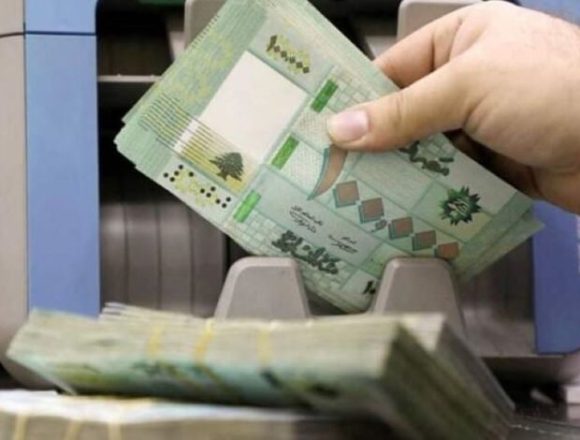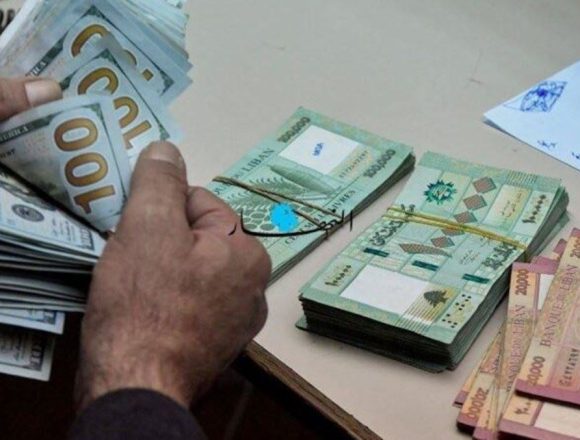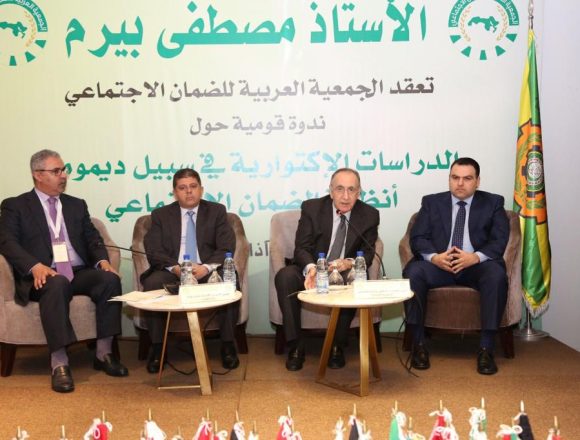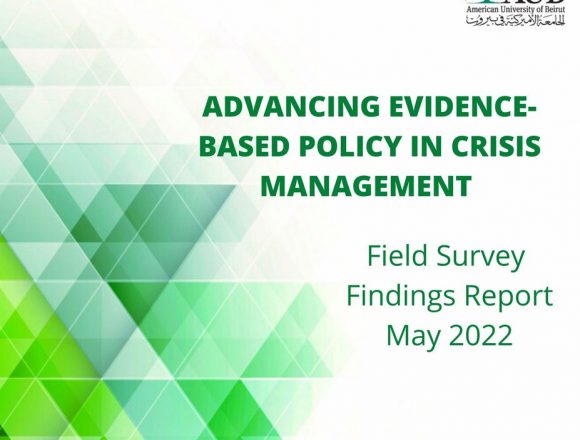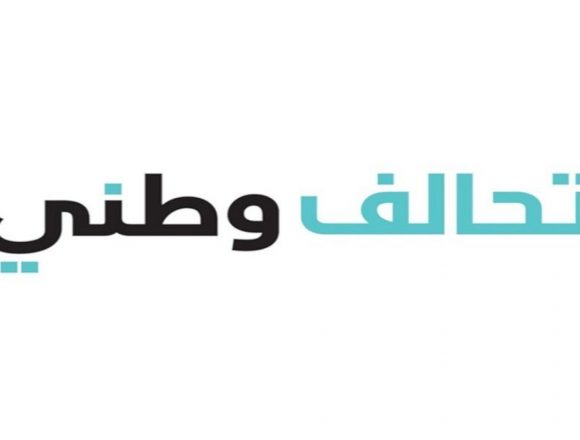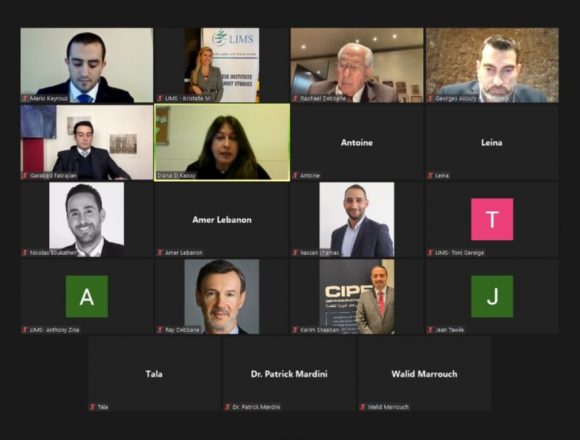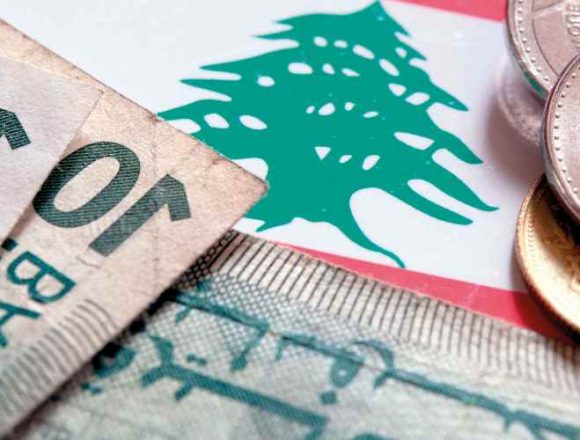ERASE
ERASE: End Restrictions and Stabilize Exchange Rate
ERASE was created in 2020. The program advocates for establishing a currency board in Lebanon, to end restrictions on bank withdrawals, to stop the currency crisis in order to stabilize and fix the exchange rate, and to put a halt to the Lebanese pound (LBP) devaluation.
Such devaluation has come during an economic recession and banking crisis where people lost their jobs, businesses, and the ability to withdraw their life savings from the bank. Hit by brutal inflation, the government requested the central bank to start pumping dollars into the market from its foreign reserves to stabilize the currency.
Financing expenditures through printing cash, has impoverished Lebanon’s population. Cutting government expenditures is the only solution to stop hyperinflation, devaluation, and the poverty of the Lebanese. Consequently, a currency board becomes the natural rule-based monetary arrangement that would stop the discretion of the central bank and discipline government.
ERASE has already reached several milestones including:
- LIMS translated Dr. Steve H. Hanke and Kurt Schuler’s book entitled Currency Boards for Developing Countries: A Handbook. The book outlines how many countries successfully adopted the currency board system.
- Major discussions took place about having a currency board from experts and amateurs on local press and social media.
Ending excessive money printing and putting in place a hard government budget constraint is possible by establishing a currency board, which would only issue LBPs that are 100% backed by dollar reserves, ensuring full convertibility. The Lebanese pound would be traded at a fixed exchange rate and the quantity of money issued would be determined solely by market conditions. For Lebanon, the currency board would dismantle all capital controls and end the on-going hyperinflation.
Establishing such a system, a currency board would bring stability back to the exchange rate, attract investors, and has the possibility of helping build back trust in the banking sector.

